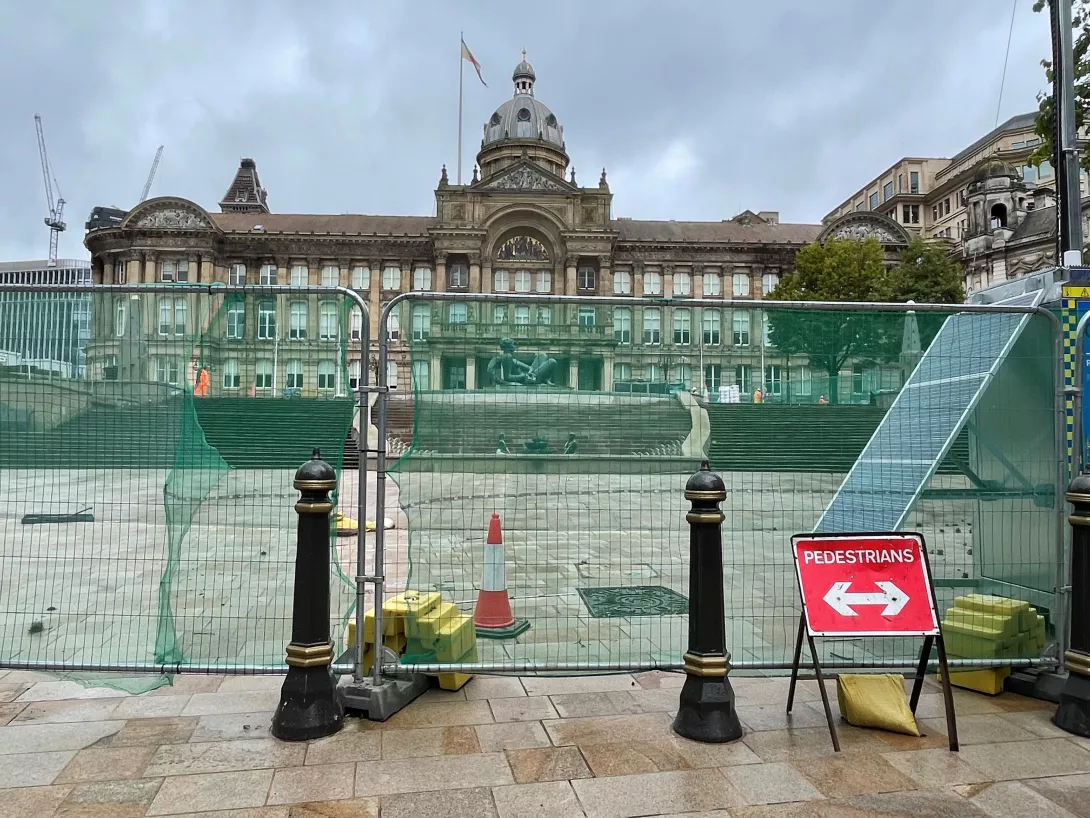The proxy war in Ukraine is heading to a denouement with the US and Russia dividing the spoils while the European powers stand bewildered by events they have been wilfully blind to, says KEVIN OVENDEN
Arts against the wall
STEPHEN BROWN explains how the savage cuts to Birmingham City Council’s budget mean impending cataclysm its impressive arts sector
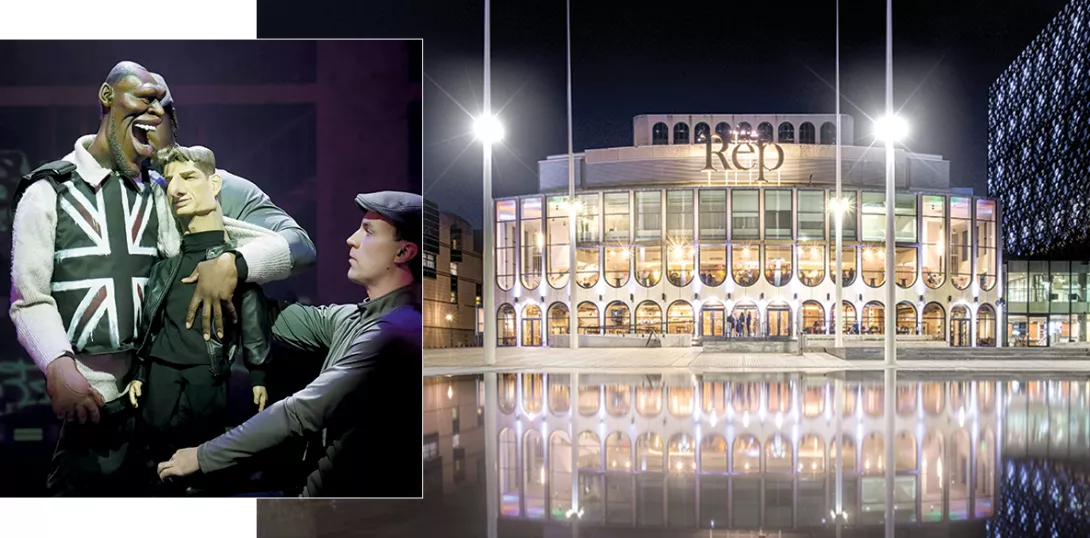
THE country is now aware of the staggering scale of £367 million of cuts that Birmingham City Council has to make, but this hasn’t come out of nowhere.
It’s utterly savage and is the culmination of 14 years of austerity. Yes, there has been maladministration in the council’s governance and avoidable disputes with the trade unions, as well as equal pay issues which saw the council’s crown jewel buildings sold off.
Primarily, austerity has torn over £1 billion of government funding away from Britain’s second city. No-one could properly manage 60 per cent funding cuts since 2010 with a growing population and economy.
More from this author

ROS SITWELL reports from a conference held in light of the closure of the Gender Identity and Development Service for children and young people, which explored what went wrong at the service and the evidence base for care

ROS SITWELL reports from the three-day FiLiA conference in Glasgow
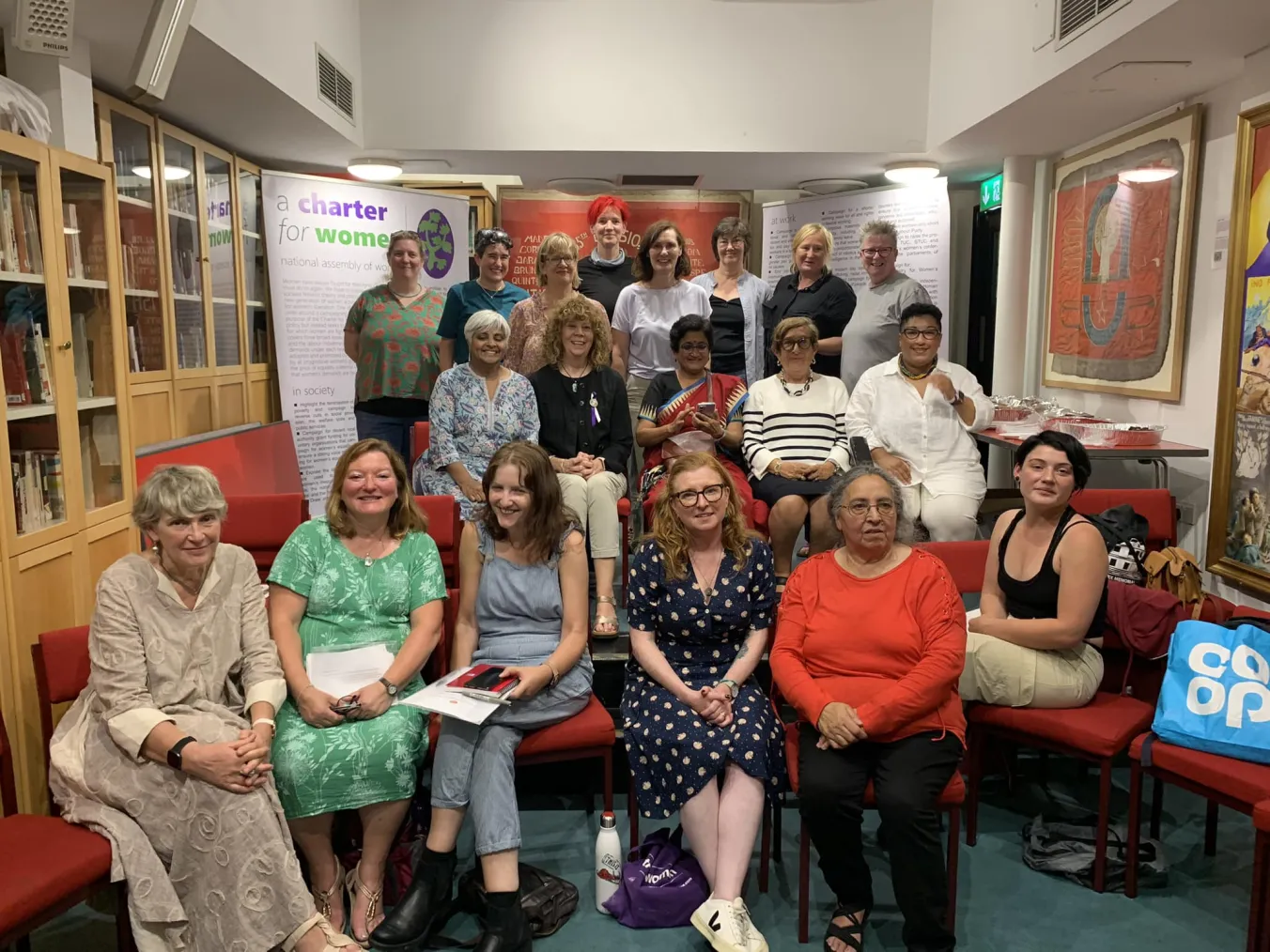
ROS SITWELL reports on a communist-initiated event aimed at building unity amid a revived women’s movement

London conference hears women speak out on the consequences of self-ID in sport
Similar stories

PATRYCJA ROZBICKA surveys the manifestos and is frustrated by the lack of discussion of our music and night-time industries
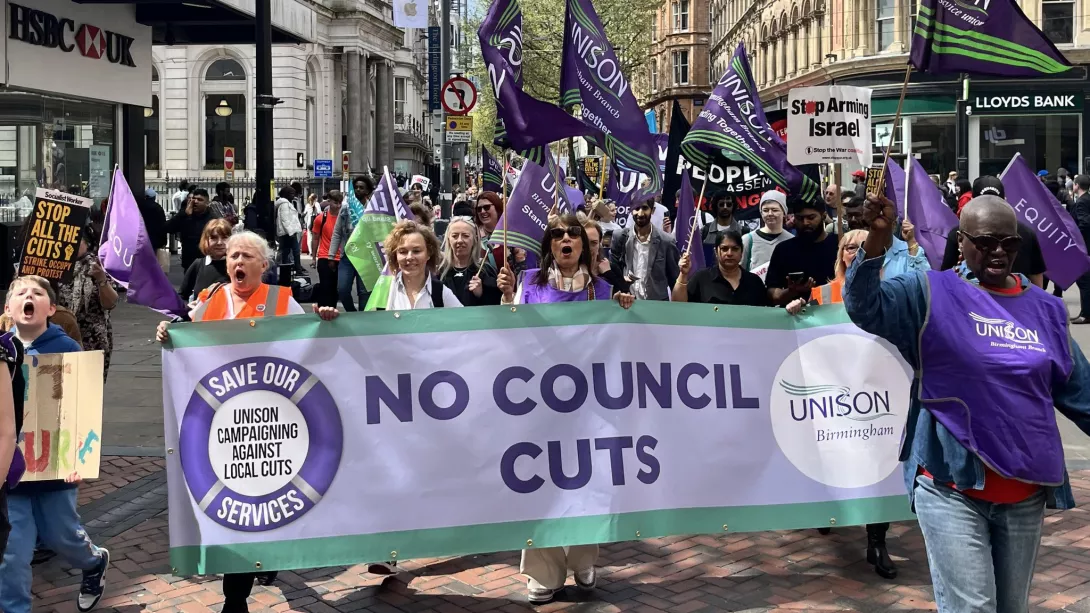
KATE TAYLOR reports on the Brum Rise Up campaign to secure continuous funding of social services in the wake of the financial collapse of Birmingham City Council
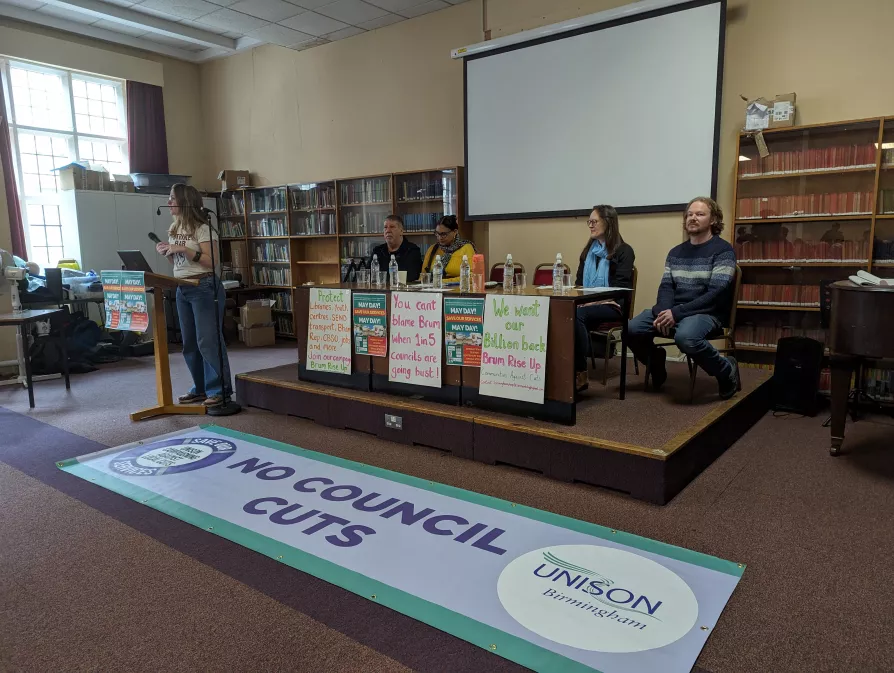
Morning Star editor BEN CHACKO attends a vibrant meeting bringing together anti-cuts campaigns and local unions to co-ordinate a fightback against the biggest cuts faced by any city in the country










